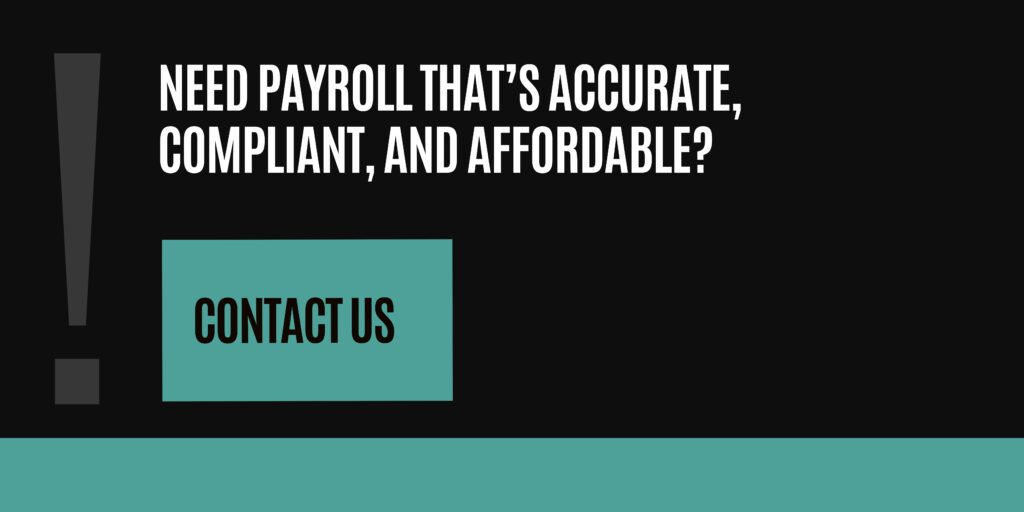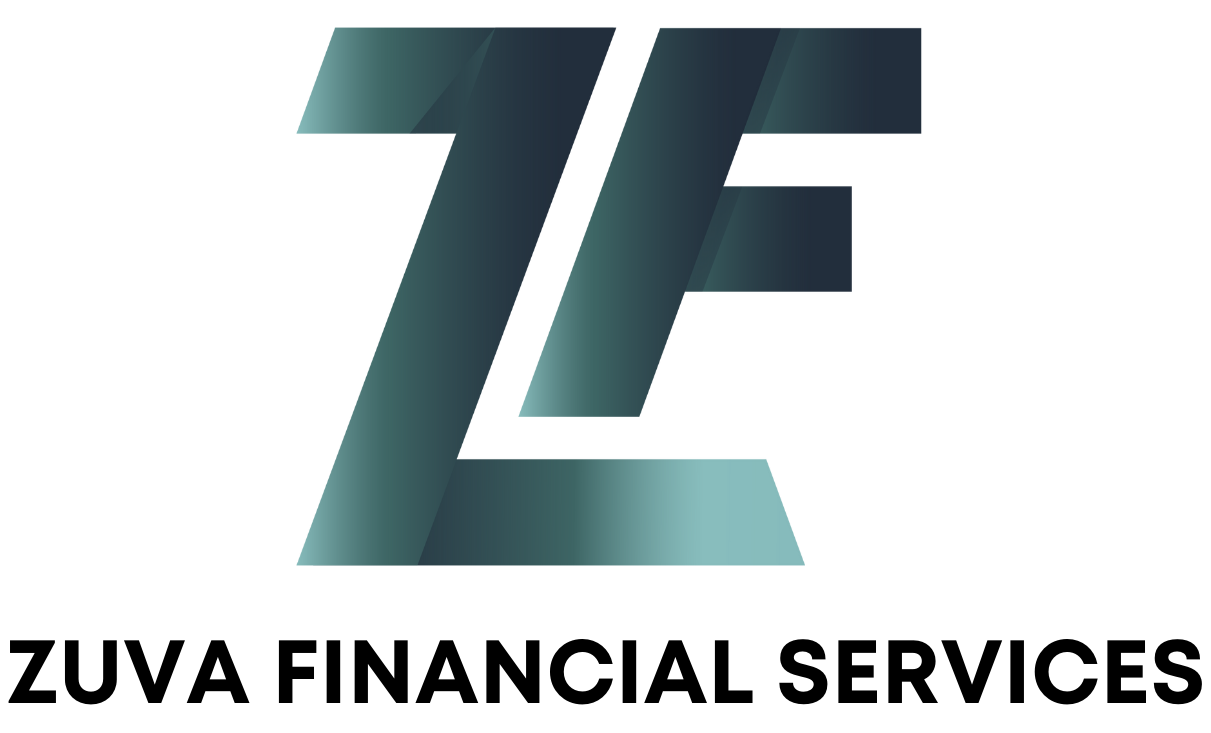If you’re an employer in South Africa, payroll taxes are one of those things you simply can’t ignore. Whether you’re paying one employee or managing a team of 100, you have legal obligations to SARS — and missing a step can lead to penalties you don’t want.
In this guide, we’ll break down exactly what payroll taxes employers must pay in South Africa, who’s responsible for what, how much you’ll pay, and when it’s all due.
This article is for you if you’ve ever asked:
- “What payroll taxes are paid by employers?”
- “How much payroll tax do employers pay?”
- “What’s deductible, and when are submissions due?”
Let’s make it all make sense.
1. What Are Payroll Taxes in South Africa?
Payroll taxes are taxes that an employer must calculate, withhold, and pay to SARS (South African Revenue Service) based on employee earnings.
The three main payroll taxes are:
- PAYE (Pay-As-You-Earn)
- UIF (Unemployment Insurance Fund)
- SDL (Skills Development Levy)
Each has its own rules, rates, and responsibilities — so let’s go through them one by one.
2. PAYE – Pay-As-You-Earn
What is it?
PAYE is income tax withheld by the employer from the employee’s salary and paid directly to SARS on their behalf.
Who pays?
Technically, the employee is taxed — but you, the employer, are responsible for calculating, withholding, and paying it over to SARS.
How is it calculated?
It depends on the employee’s income. South Africa has a progressive tax system, which means:
- Low earners pay a lower percentage
- High earners pay a higher percentage
💡 SARS provides annual tax tables to help calculate PAYE accurately, or you can use payroll software/accountants to automate it.
When is it due?
- Monthly (by the 7th of the following month) via an EMP201 return
- Even if the 7th falls on a weekend or public holiday, payment is still due by the 7th
Is it deductible for employers?
No — PAYE is not an expense for the business. It’s money withheld from employees and passed on to SARS.
3. UIF – Unemployment Insurance Fund
What is it?
UIF is a contribution that helps support employees if they lose their job, go on maternity leave, or become unable to work due to illness.
Who pays?
Both employer and employee contribute:
- 1% from the employer
- 1% from the employee
Total contribution = 2% of the employee’s gross salary
How much does it cost?
- Calculated on up to R17,712/month
- Maximum UIF contribution: R177.12/month (employer + employee)
When is it due?
Paid monthly together with PAYE on the EMP201 return
Is it deductible for employers?
Yes – the 1% employer UIF contribution is tax-deductible as a business expense.
4. SDL – Skills Development Levy
What is it?
SDL is a tax employers pay to promote training and skills development in South Africa. It funds various SETAs (Sector Education and Training Authorities).
Who pays?
Only the employer pays SDL. It is not deducted from the employee’s salary.
How much is it?
- 1% of total employee remuneration, including bonuses, overtime, commissions, etc.
Who must pay it?
- Businesses with an annual payroll of more than R500,000
- If your payroll is less than that, you’re exempt from SDL
When is it due?
Paid monthly via the EMP201 by the 7th, together with PAYE and UIF.
Is it deductible?
Yes – the SDL is also a tax-deductible business expense.
5. When Are Payroll Taxes Due?
| Payroll Tax | Paid By | Rate | Due Date |
|---|---|---|---|
| PAYE | Employer (withholding from employee) | Based on tax table | 7th of each month (EMP201) |
| UIF | Employer + Employee | 1% each (2% total) | 7th of each month (EMP201) |
| SDL | Employer only | 1% (if payroll > R500,000) | 7th of each month (EMP201) |
💡 All three taxes are declared and paid together in a single EMP201 return, which must be filed electronically through eFiling or your payroll system.
6. What Payroll Taxes Are Deductible for Employers?
From a business tax perspective, the following are deductible expenses:
✅ UIF (1%) – Employer’s portion
✅ SDL (1%)
❌ PAYE – Not deductible (since it’s withheld from employees)
7. Payroll Tax Tips for Small Businesses
Even small businesses with one or two employees have payroll responsibilities. Here’s how to keep things simple:
- Use a registered accountant or payroll provider to handle calculations and submissions
- Stay ahead of submission deadlines (7th of every month) to avoid SARS penalties
- If your total payroll is under R500,000/year, you’re exempt from SDL
- Keep your records tidy — SARS requires documentation for PAYE, UIF, and SDL audits
8. Why This Matters
Getting payroll tax wrong can lead to:
- Penalties and interest from SARS
- Unhappy employees
- Delays in tax clearance certificates
- Legal compliance issues
But getting it right brings peace of mind and helps your business stay on the right side of the law — while protecting your team and your reputation.
Final Thoughts
To recap:
- Employers must handle PAYE, UIF, and possibly SDL
- All payroll taxes are due by the 7th of the following month via EMP201
- UIF and SDL are deductible, PAYE is not
- Even small businesses are expected to comply — but the process can be simple with the right help

At Zuva Financial Services, we help businesses of all sizes stay compliant and stress-free. Whether you’ve got one employee or a growing team, our payroll experts will handle your PAYE, UIF, SDL and EMP201s — accurately and on time.
✅ Expert calculations
✅ Monthly submissions
✅ Year-end reconciliations
✅ Full SARS compliance




